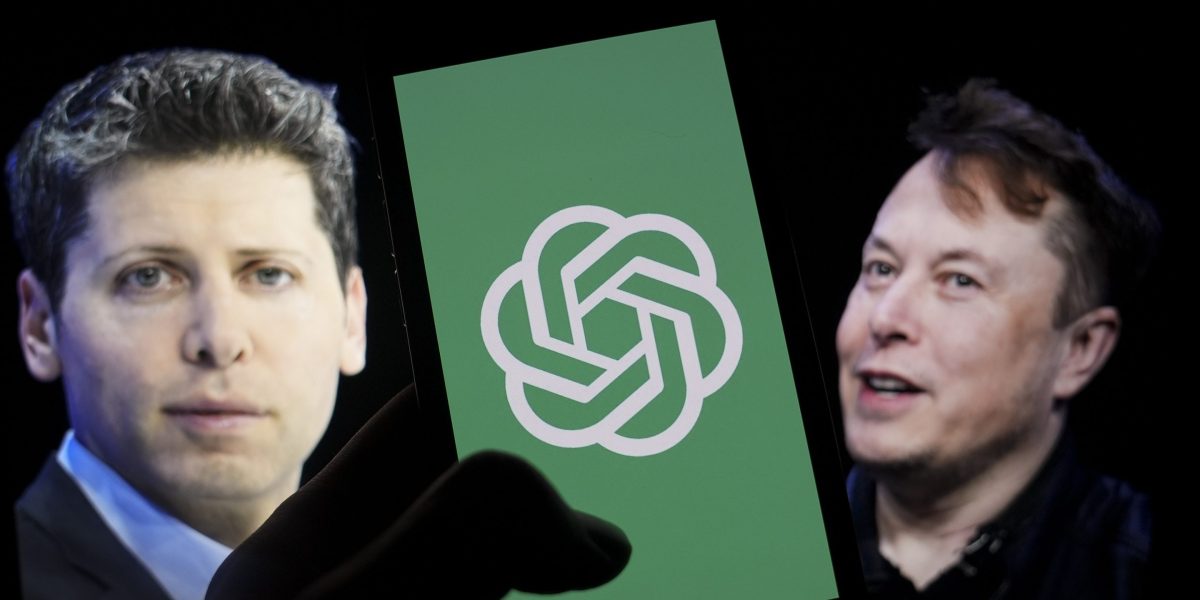
We’re all well aware by now that large companies are racing to implement AI and gain a competitive edge. A new study shows just how businesses expect HR departments to be part of that transformation.
Around 60% of businesses with more than 5,000 employees say that within the HR umbrella over the next 12 months, AI will have the biggest impact on talent acquisition, according to new data from Mercer shared exclusively with Fortune. That’s followed by 50% of participants that say their company’s employee relations will be the most impacted by the tech, and 40% that anticipate their performance management will change the most.
“Every HR job is made up of tasks,” Jason Averbook, global leader of HR strategy for Mercer, tells Fortune. “So this is very low-hanging fruit for HR to think about: ‘How do we actually use tools like this to help automate some processes?’”
But for AI rollouts to be successful, the new tech has to be implemented in a thoughtful way. That’s why so many CHROs and people leaders are worried about how to best educate staffers. And there are already some trends around upskilling employees taking shape within the HR world.
About 70% of big businesses that have AI training focus on teaching concepts and terminology, according to Mercer’s data. That’s followed by 60% that offer education on ethical considerations and responsible AI, 50% that train employees to take a hands-on approach with the tech, and 30% that teach how to use AI within specific business functions.
Averbook says the data shows that companies are mostly thinking about how to train employees about the technical aspects of AI. That’s important, of course, but he adds that there needs to be increased clarity among all employees about how it will transform their roles within the organization.
“There’s a massive need for education around change: ‘How this is going to change my job, how I need to think about working differently, how to have an AI-first mindset when I go through workflows,” he says. “The implementation of the tech comes from IT, and then the continuous improvement comes from HR.”
Emma Burleigh
emma.burleigh@fortune.com
Today’s edition was curated by Brit Morse.
Around the Table
A round-up of the most important HR headlines.
After years of favoring male leadership by sizable margins, workers now indicate a growing preference for female bosses in their daily work lives. It’s a massive power shift changing how many view women in the C-suite. Wall Street Journal
Financial pressures, career success, and changing family dynamics are leading many older women to delay retirement and stay on the job longer than previous generations. Washington Post
Most Gen Z’s, by this point, are either employed or receiving an education (or some other kind of training). However, a new study finds that 20% of them are doing neither, and there’s a new name for them: NEETs. New York Times
Watercooler
Everything you need to know from Fortune.
The “God of Management” is back. Konosuke Matsushita, the founder of Panasonic and one of Japan’s most revered entrepreneurs, is ready to answer all your business questions. This time, as an AI avatar. –AFP
Ready to return. Despite all the scheduling flexibility remote work provides, a new study shows that 50% of workers would rather have the traditional structure of a nine-to-five. –Orianna Rosa Royle
Gaining back “serendipity.” Sanofi’s chief digital officer, Emmanuel Frenehard, said the shift to hybrid work was vital to bringing back innovation to the company after the upheaval of the pandemic. –Ryan Hogg




